
A documentary on the making of Frank Henenlotter’s Basket Case trilogy.
You May Also Like
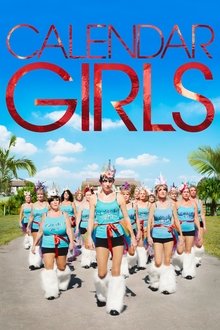
Whether they’re performing at an animal rescue center benefit, a church fundraiser, or a shrimp parade, the Calendar Girls give it all they’ve got. And they have a lot to give — impressive makeup; handmade costumes; elaborate dance routines; and, most notably, their unparalleled enthusiasm and sparkling personalities. They are a group of hardworking senior volunteer dancers in Florida, determined to prove that age is just a number.
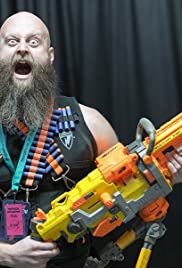
Follows Rob Lehr after a deadly plane crash as he confronts PTSD and digital escapism by transforming his backyard into a real-life video game, The Thunderdome Nerf Arena. The community of backyard warriors then discover collegiate Humans vs. Zombies and dive into surviving the Nerf Apocalypse.
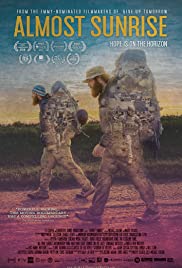
The epic journey of two friends, ex-soldiers, who battle the moral injuries of war, and the temptation to escape through suicide, as they walk across America.

Zeitgeist: Addendum premiered at the 5th Annual Artivist Film Festival. Director Peter Joseph stated: “The failure of our world to resolve the issues of war, poverty, and corruption, rests within a gross ignorance about what guides human behavior to begin with. It address the true source of the instability in our society, while offering the only fundamental, long-term solution.”

Rope Ladder to the Moon: Jack Bruce.
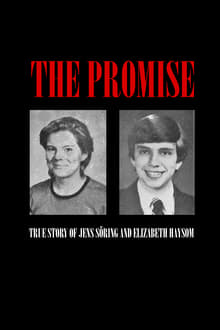
Derek and Nancy Haysom were brutally murdered in their house in Lynchburg, Virginia, on March 30, 1985. Suspicion fell on their daughter Elizabeth and her boyfriend Jens Söring. They flee to Europe, but are caught and extradited to the U.S. Elizabeth is sentenced to 90 years in jail for incitement to murder, Jens Söring to two life sentences. Karin Steinberger, Marcus Vetter and their team spent over three years researching this case, which achieved world-wide notoriety. They uncovered new evidence, including the fact none of the blood samples found at the scene of the crime belonged to Jens Söring.
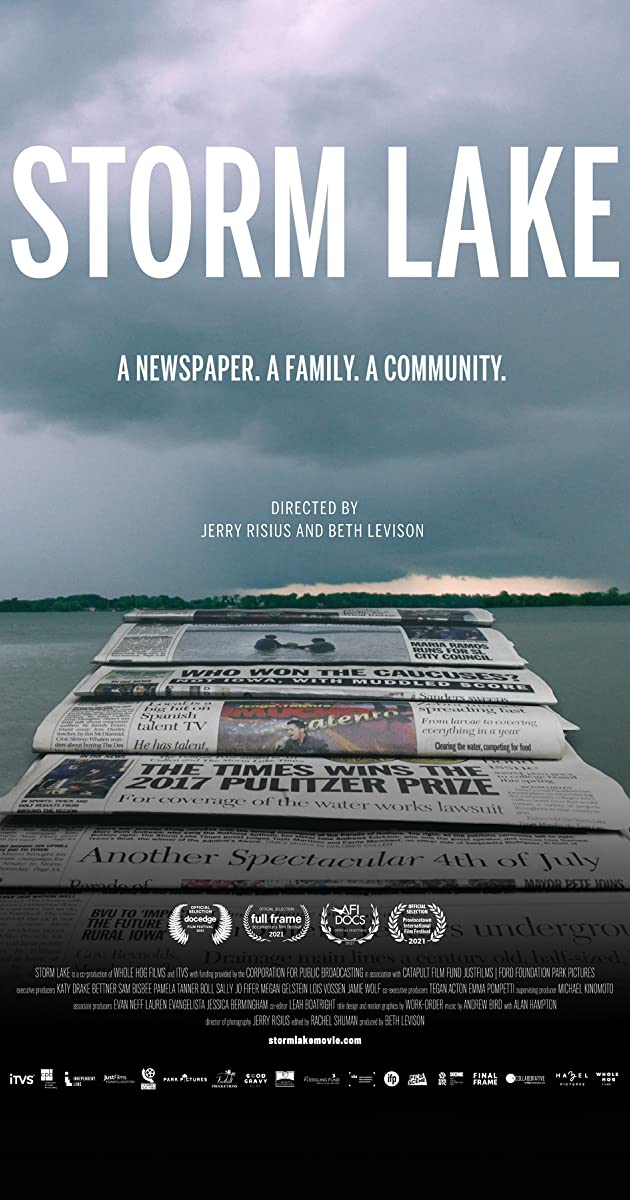
A dogged family-run paper in Iowa gives citizens the scoop on forces threatening to overwhelm their precarious small-town existence.
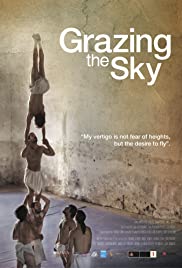
Grazing the Sky is a compelling look at the lives of trapeze artists and other circus performers. The film was shot for over two years covering 11 countries, including the Americas, Europe and the Near East. It follows the nomadic lives of circus performers. The audience follows 10 protagonists as they try to reach perfection and meet their lofty goals. The documentary sheds light on the contemporary circus world, and focuses on performers who devote themselves to the greatest show on earth.
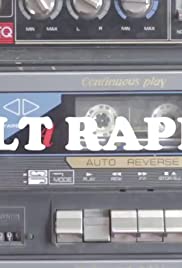
This documentary feature pulls back the curtain on the world of ‘working class’ rappers. The film spotlights independent artists struggling to find a balance between making a living and pursuing their art alongside the never-ending saga of age and relevance. Weaved together through a series of 30 plus interviews that are devoid of the ego so common in the business of music, especially hip-hop, the film traverses the country (USA) to explore the myths and misconceptions of life as a full-time rapper.
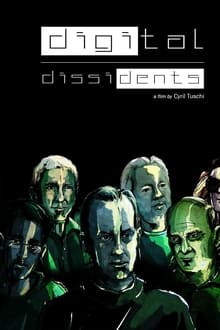
Digital Dissidents are the warriors of the digital age: republican patriots, radical anarchists and cyber-hippies fighting side by side for transparency and privacy in a digital world which is permeating our lives more and more. For this they are imprisoned, live in exile, and have lost careers and families. Why do they do it? What motivates them? What are they warning us about?
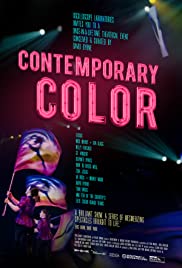
In the summer of 2015, legendary musician David Byrne staged an event at Brooklyn’s Barclays Center to celebrate the art of Color Guard: synchronized dance routines involving flags, rifles, and sabers. Recruiting performers that include the likes of Saint Vincent, Nelly Furtado, Ad-Rock, and Ira Glass to collaborate on original pieces with 10 color guard teams from across the US and Canada, Contemporary Color is a beautifully filmed snapshot of a one-of-a-kind live event.

1. The Miracle (Of Joey Ramone) 2. Vertigo 3. I Will Follow 4. Iris (Hold Me Close) 5. Cedarwood Road 6. Song For Someone 7. Sunday Bloody Sunday 8. Raised By Wolves 9. Until The End Of The World 10. The Fly 11. Invisible 12. Even Better Than The Real Thing 13. Mysterious Ways 14. Elevation 15. Every Breaking Wave 16. October 17. Bullet The Blue Sky 18. Zooropa 19. Where The Streets Have No Name 20. Pride (In The Name Of Love) 21. With Or Without You 22. Stephen Hawking ‘Global Citizen’ 23. City Of Blinding Lights 24. Beautiful Day 25. Mother And Child Reunion 26. Bad 27. One 28. People Have The Power 29. I Love You All The Time This special shows U2 playing the Bercy Arena in Paris, showcasing the inventive set that allows the band to explore the concepts of iNNOCENCE + eXPERIENCE via a performance that literally moves throughout the venue via multiple stages, a one-of-a-kind interactive floor-to-ceiling arena-length LED screen, and a radical new approach to surround sound.